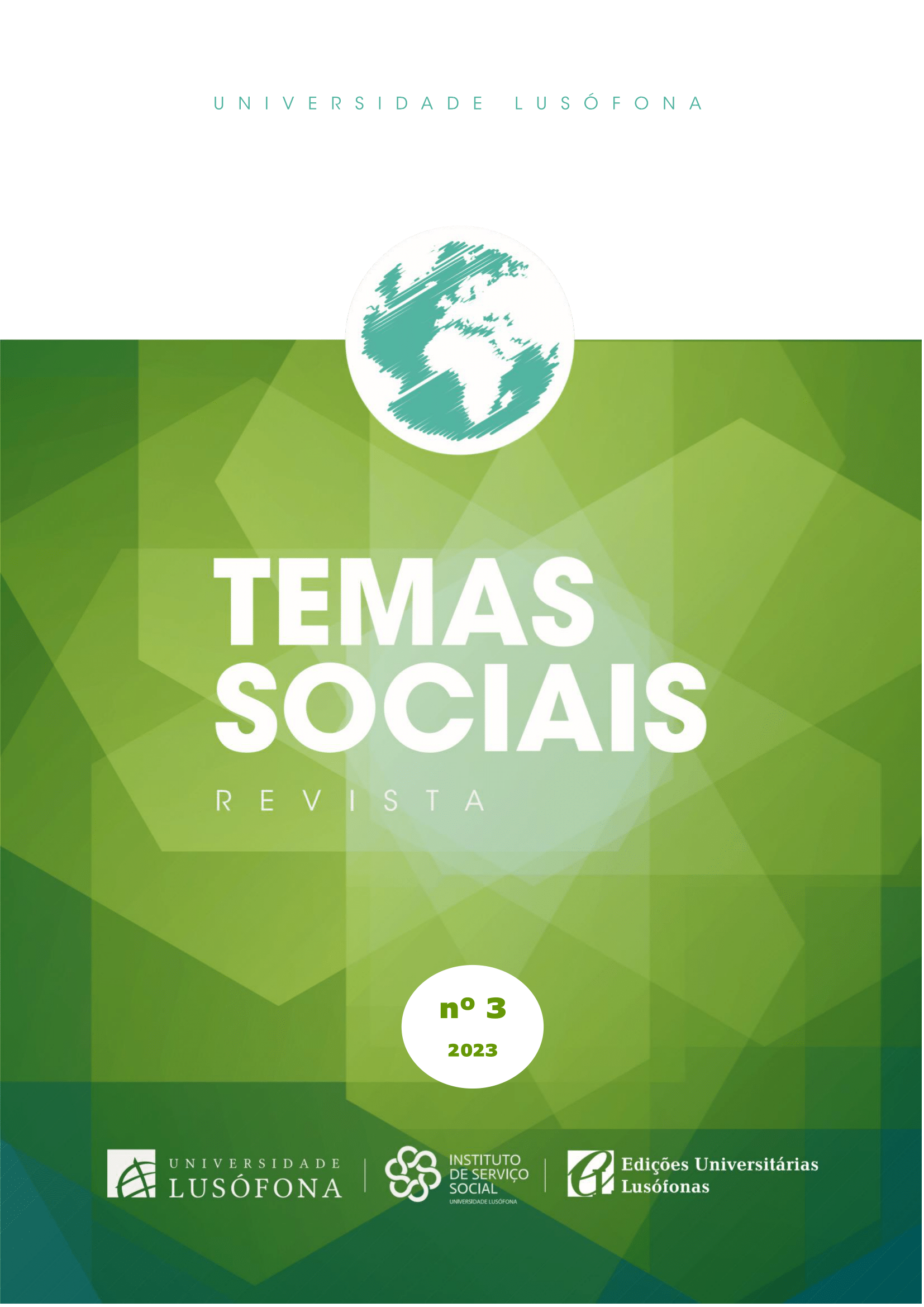Caminhos para uma reforma do Sistema de Promoção e Proteção das Crianças e Jovens – Recomendações
https://doi.org/10.53809/TS_ISS_2022_n.3_31-51
Abstract
A evolução operada no quadro do Sistema de Promoção e Proteção das Crianças e Jovens (SPPCJ) compreende marcos legais no sentido da centralidade da criança. Observa-se, porém, a existência de preocupações que exigem uma ação política concertada, para a efetiva garantia dos direitos da criança. Perante este panorama, o artigo descreve a realidade atual e tece recomendações fundamentadas para alterações ao SPPCJ, tendo por base literatura científica, relatórios, diplomas legais e instrumentos políticos. Os resultados centram-se em dois eixos, alterações na lei e alterações na gestão do SPPCJ. Do ponto de vista da lei, destaca-se o alargamento da idade relativamente à readmissão no SPPCJ, à aplicabilidade de determinadas medidas de promoção de proteção e à adoção; a renomeação das medidas, dos juízos e do conceito de menor; e o aumento do apoio para o apadrinhamento civil. Do ponto de vista da gestão, destaca-se a criação da figura do provedor da criança; o estabelecimento de um conselho nacional coordenador do SPPCJ; e a publicação integrada de dados estatísticos envolvendo os intervenientes. As conclusões sugerem um urgente repensar e reformar no SPPCJ.
Downloads
Open Access Policy:
The Journal facilitates free, open and immediate access to its contents to foster the exchange of knowledge at a global level.
By submitting their work, the author(s) authorise the publication and dissemination of their work and are responsible for its content.
Code of Ethics:
The Journal is a digital tool that enables the dissemination of knowledge in a globalised society where technology, communication and information occupy a prominent place. The publication promotes equal opportunities facilitated by knowledge. To this end, the Journal is committed to the content it publishes, adopting a code of ethics based on the following principles:
1. The texts received must be original, by the author(s) alone and unpublished, i.e. they must not have been previously published, broadcast or sent to another publication.
2. Authors are responsible for requesting any authorisations necessary to publish their texts, with the respective reference to the sources consulted.
3. That organisation must authorise work funded by an organisation to disseminate the results.
4. the plagiarism detection tool in force will review all work received at Universidade Lusófona - Centro Universitário de Lisboa.
5. The articles received will be evaluated by two experts in the field, guaranteeing the anonymity of the author(s) and the evaluators.
6. Papers involving people as the research subject must obtain informed consent from all of them, with strict respect for the confidentiality of personal data and, if necessary, the decision of the Ethics Committee.
7. The list of authors should only include those who contributed intellectually to the work, i.e., who designed and carried out the research, wrote up and analysed the results and approved the final version of the text.



